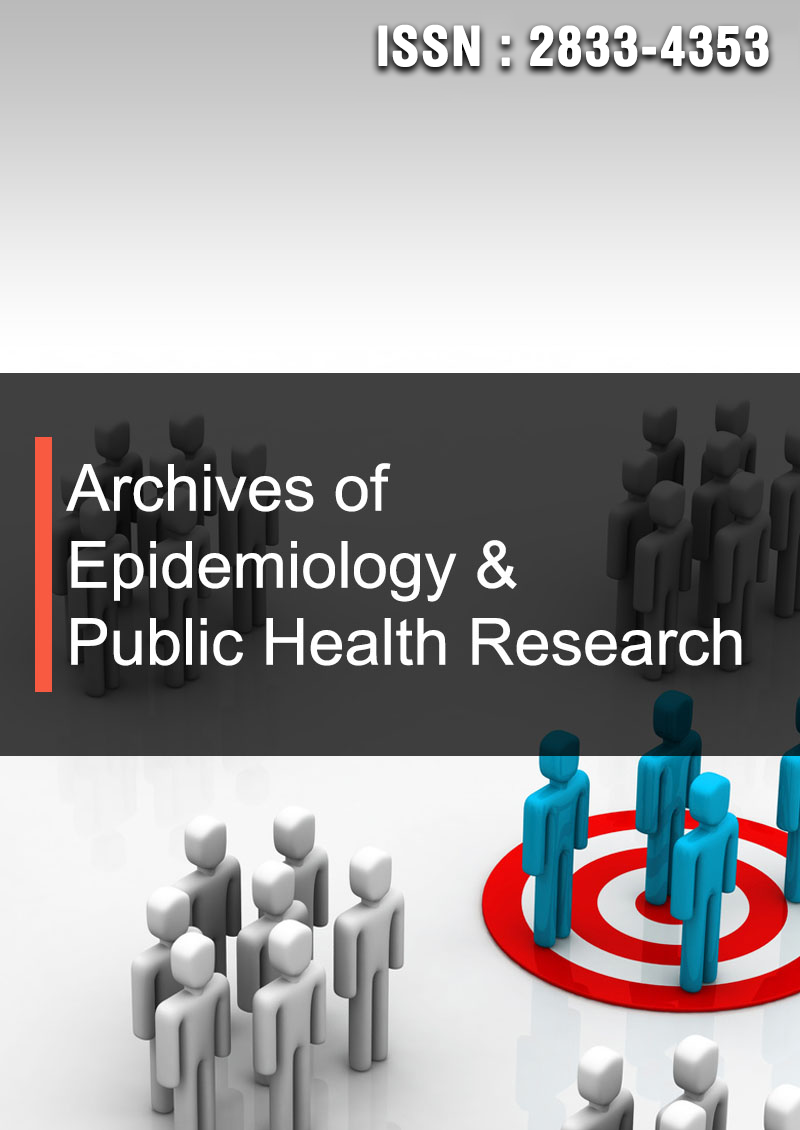Investigation of Physical and Mental Fatigue and Quality of Life in People with Musculoskeletal Problems
Abstract
Paraskevi Theofilou, Amalia Ferentinou and Maria Tsironi
Musculoskeletal disorders include a wide range of diseases that affect the skeletal and muscular systems, which tol- erate women and men of all ages, all over the globe and they are found in all social and demographic stratifications. The purpose of this study is to investigate the quality of life and the feeling of fatigue of these patients, as well as the burden or not on the quality of life, from the years of diagnosis. The present study involved 100 patients aged 45 to 55 years old, with musculoskeletal problems, who were diagnosed with the problem for at least one year. Most of the sample were women, high school graduates, and married. The present thesis is a quantitative synchronous study, in which two research tools were used: a) the Greek version of the "Fatigue Assessment Scale (FAS)" which contains a total of 10 questions and measures fatigue and b) the Greek version of the Missoula-Vitas Quality of questionnaire Life Index-15 known as "MVQOLI-15R" which consists of 15 questions and measures the quality of life of patients. The results of the present research confirmed the first initial hypothesis, which correlates fatigue with the years of diagnosis of the disease and the quality of life of patients. More specifically, the higher the overall quality of life of patients, the lower their level of physical, mental and overall fatigue. The second research hypothesis is partially only verified, since only fatigue is affected by the years that have passed from the first day of diagnosis, and not the overall score of the quality of life. The results showed the need to develop and implement appropriate programs to prevent and address the problems due to musculoskeletal disorders in terms of fatigue and quality of life. Further research could also focus on the relationship between the mental state of patients with musculoskeletal problems and quality of life.



